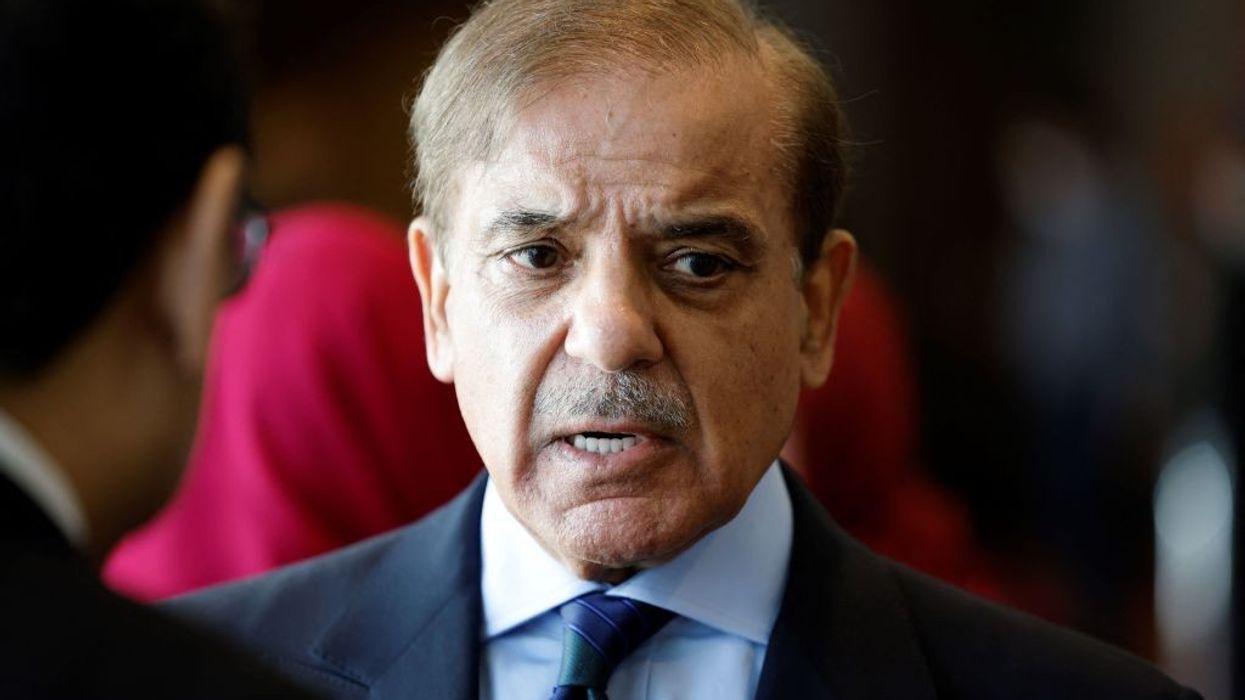THE International Monetary Fund (IMF) on Thursday (15) expressed dissatisfaction with Pakistan’s recently presented budget, a blow for the cash-strapped country which has only two weeks left until its bailout programme expires.
Pakistan has barely enough currency reserves to cover one month's imports. It had hoped to have $1.1 billion of the funds released in November - but the IMF has insisted on a number of conditions before it makes any more disbursements.
With time left for only one last IMF board review before the end of the $6.5 billion Extended Fund Facility (EFF), Pakistan’s government, led by Prime Minister Shehbaz Sharif, was expected to present a budget in line with programme objectives, restore the proper functioning of the forex market, and close the $6 billion gap ahead of the board review.
"Staff remains engaged to discuss policies to maintain stability. However, the draft FY24 Budget misses an opportunity to broaden the tax base in a more progressive way," Esther Perez Ruiz, the IMF's resident representative for Pakistan, said.
She added that the long list of new tax expenditures further reduces the fairness of the tax system and undercuts the resources needed for vulnerable recipients in the Benazir Income Support Programme.
"The new tax amnesty runs against program’s conditionality and governance agenda and creates a damaging precedent," added Perez Ruiz.
She said that measures to address the energy sector’s liquidity pressures could be included alongside the broader budget strategy.
Added Perez Ruiz: "The IMF team stands ready to work with the government in refining this Budget ahead of its passage," implying the country still has a chance to unlock its ninth IMF board review prior to the end of the EFF programme.
A Pakistan government spokesman did not immediately respond to a request for comment.
(Reuters)
IMF says Pakistan's budget a missed opportunity as loan deal deadline looms
New tax expenditures further reduces the fairness of the tax system: Esther Perez Ruiz













